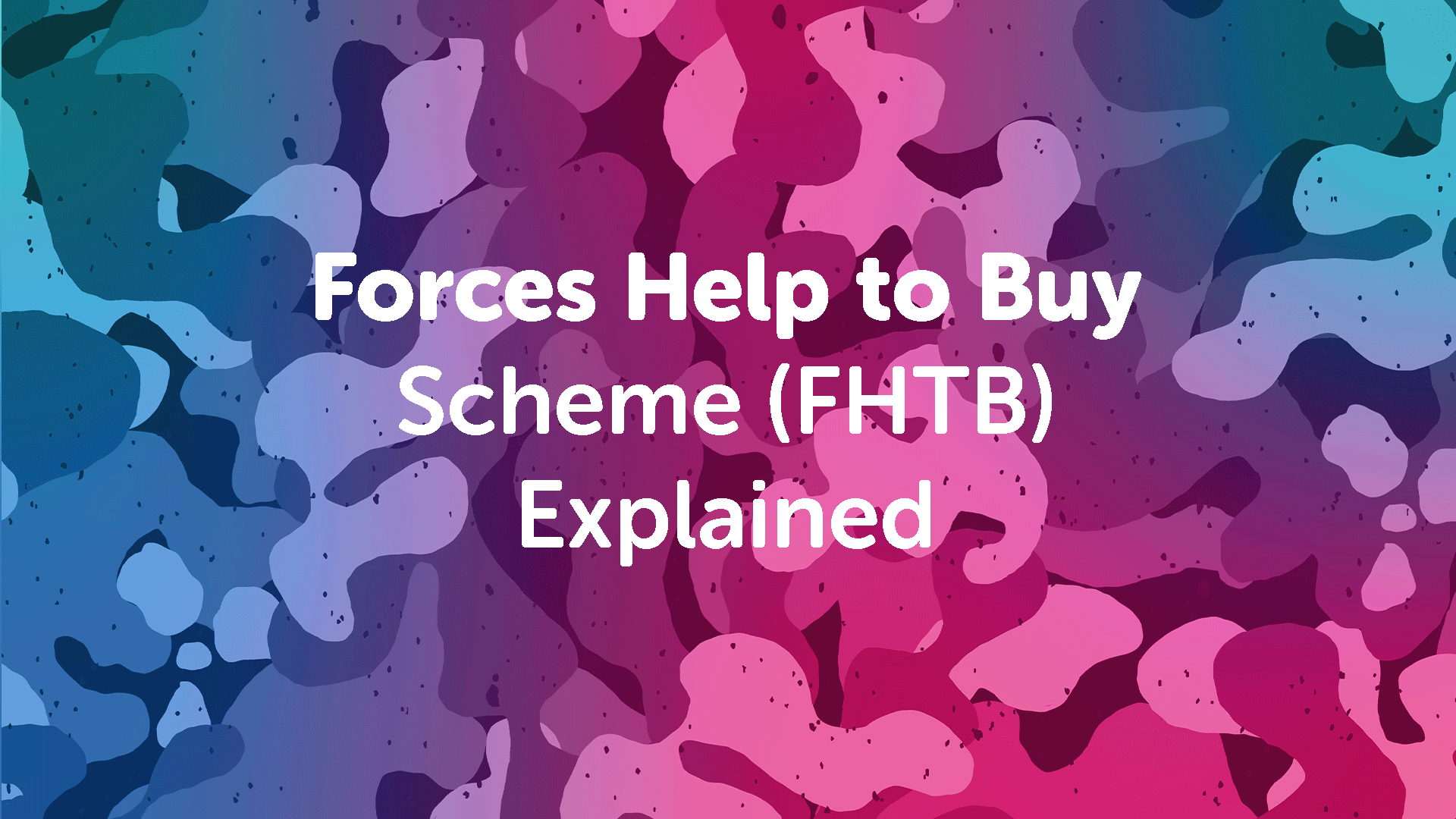Life Insurance Halifax
Life insurance can act as a financial safety net to support your family in the event of your death. There are different types of Life Insurance to choose from and in this article, we will discuss what types are out there and explain why they are essential to take out.
Speaking with a Mortgage and Protection Specialist in Halifax might be very beneficial. Here at Halifaxmoneyman, we offer a free insurance consultation that we highly recommend you take prior to commiting to any insurance policies because you want to find the best one that matches your circumstances.
The reason we offer this is because life insurance can get complex, especially if you are not sure what you’re doing. As well as the different types of life insurance, you also need to choose what your policy covers and how long it will last.
What is Life Insurance?
Life insurance is a type of policy that financially supports your family in the event of death. This is through a lump sum of money that is passed down, usually to a family member or friend.
In the event of a claim, you can decide if the cover is paid out all at once or through regular payments.
As well as providing financial support for a family member, it also was introduced to replace lost income or payout outstanding debts owed in the person’s name e.g. a mortgage.
The amount that is paid out alters depending on the type of cover that was taken out. The advantage of life insurance is that you decide what your payout goes towards. For example, you could specify that you want your payout to be used only on debts like a mortgage or car loans.
Different Types of Life Insurance
There are several different types of life insurance policies. Below are the policies that we commonly see people take out as a mortgage broker in Halifax:
Level Term Life Insurance
A Level Term Life policy provides you with a payout that will remain constant throughout your policy’s duration. This means whether a claim is made 5 years into the policy, or 20 years into the policy, the amount paid will be the same. The duration of the policy is usually between 5-25 years in 5 year increments.
A policy that is usually used to cover a mortgage is Term Life Insurance. It’s common for people to take out this policy that’s in line with their mortgage term. If you do pass away and still have your mortgage to pay off, the policy will pay out. Due to this, the mortgage payments will not have to be relied on by a family member or any other name attached to the mortgage.
Decreasing Term Life Insurance
Through our experience as a mortgage broker in Halifax, this type of life insurance seems to be the type that is the most popular.
It might be a surprise to some as you may be thinking, why would you want to take out a policy that decreases in value? This policy is targeted at homeowners with repayment mortgages – which is most people. When you do pass away, the policy works by paying off the outstanding mortgage balance.
The policy’s value mirrors the outstanding balance remaining on your mortgage. Therefore, as the amount owed on your mortgage decreases, so does the sum insured.
Decreasing life insurance is usually taken out alongside other insurance products depending on your circumstances. It’s best that you speak to a Mortgage & Protection Specialist in Halifax to give you guidance on what they recommend to be the most suitable insurance for your needs.
Increasing Term Life Insurance
This type works in the opposite way to Decreasing Term Life Policy. Increasing Term Life Insurance will payout should you die within your fixed term.
Furthermore, the amount that you have covered increases as your term goes on. Through the duration of your policy term, the fixed amount increases. As you can see, this is different from Decreasing Term Life Insurance.
The reason why this policy was introduced was to protect the policy’s total value against inflation and is usually in line with the retail price index.
Whole of Life Insurance
We find that Whole of Life Insurance is not the one at the top of the insurance market. Despite this, Whole of Life Insurance may still be helpful as well as being the perfect policy that suits your circumstances.
As stated in the name, Whole of Life Insurance is the type of cover that lasts your whole life. In the event of your death, the policy you took will payout. You will find that Whole of Life Insurance will be a higher cost compared to a Level Term Life Insurance. This is because you are covered for your whole life instead of a fixed term.
As long as you have kept up-to-date with your life insurance payments, your cover will apply for your whole life. This type of insurance is commonly used for family protection and is part of inheritance tax planning.
Joint Life Insurance
Joint Life Insurance is the type of policy that you may choose if you are in a relationship or married. This policy will payout in the event of one of you dying. Joint Life Insurance is often cheaper in comparison to both parties having two separate Life Insurance policies. It’s you and your partner’s decision if you want to take one out jointly or two separate ones.
The policy pays out then ends in the event of one of you passing away. This may seem like a drawback to the policy, however, if you intended to take out the policy to pay off your mortgage then you would still be able to do so because the money will be released following the death of one of the policyholders.
Death in Service
In some cases, your place of employment may offer you Death in Service cover as part of their employee benefits package. This is something that not all workplaces offer as they are not obligated to do so.
The cover works by paying out a lump sum of cash to the employee’s family or a person of their choice if they die. Usually, this sum is up to 5 times their annual salary. Unlike the other types of policies, there is a specific limitation on what can be done with the employee’s money.
The payout is not associated with if an employee dies in the workplace.
Taking out Life Insurance as a Single Homeowner
Life Insurance options is something you shouldn’t disregard just because you’re a single home owner.
It’s not unusual for people to forget life insurance when they have settled into a new place and are currently living on their own without children or a partner. Unfortunately, Life Insurance doesn’t always apply to single homeowners which is why people choose to ignore it.
Even if it might not apply to you now, your circumstances could change in the future, which is why you should think about it because Life Insurance could become a crucial thing to have.
To find out if it’s worth taking out Life Insurance as a single homeowner, get in touch with one of our Mortgage Protection and Insurance Specialist in Halifax.
Date Last Edited: May 19, 2025














